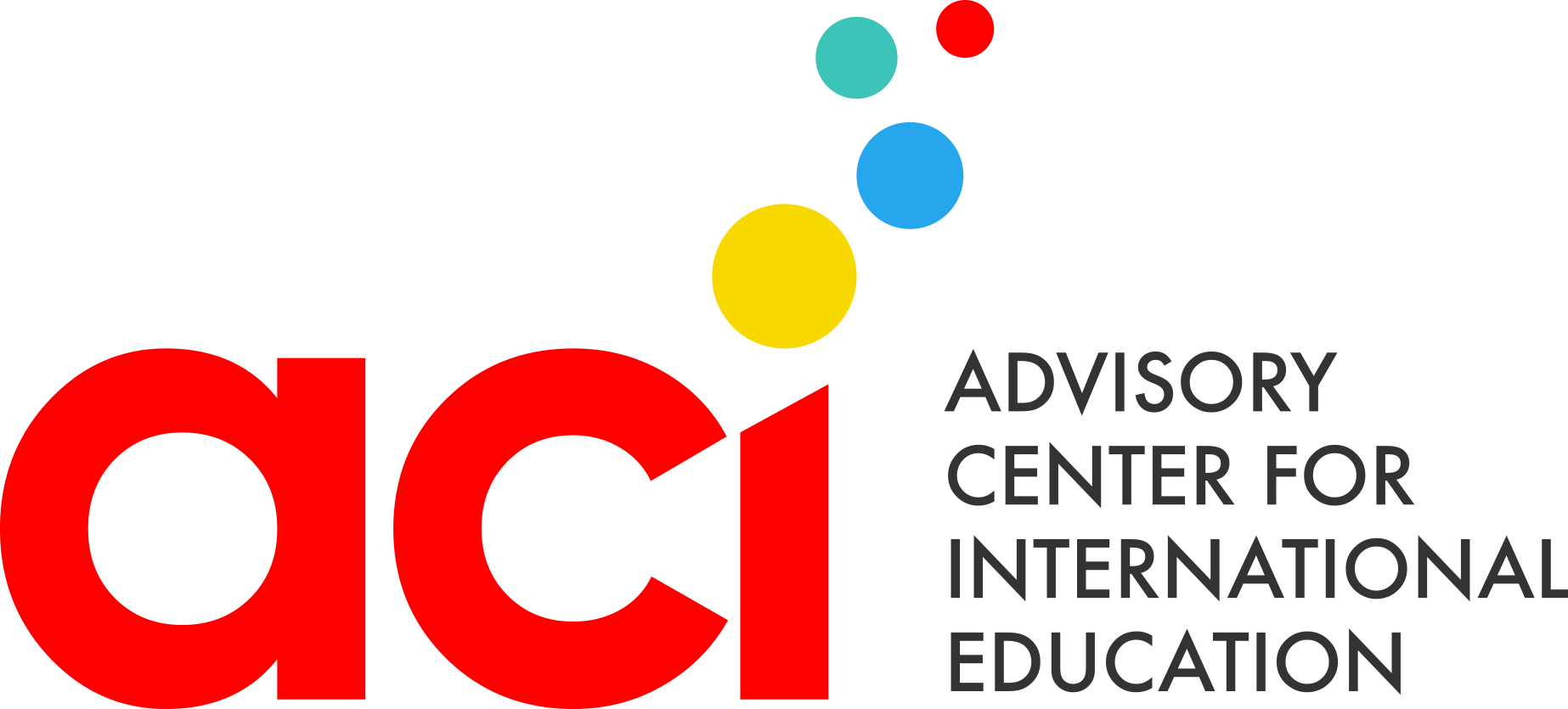Canada
About Canada
Canada, known for its diversity, inclusive values and high standard of living, is internationally recognized as one of the best countries to live and study in.
Canada is the second-largest country in the world, and shares the world’s largest border with its neighbour, the United States. Due to Canada’s vast size, there are many types of landscapes and ecosystems that span the nation. Canada is known for its natural beauty and wildlife, so take the chance to explore it.
Canada’s population is just over 35 million people – a small population compared to the size of the country. The majority of Canada’s population lives in highly urbanized areas, with most people living in one of four areas: southern Ontario, Montréal region, Vancouver city and southern Vancouver Island, and the Calgary-Edmonton corridor. Ninety percent of Canada’s population lives within 160km of the U.S. border, while northern Canada has a very low population due to its harsh climate.
Why Canada
Canada has become an ideal place for higher education studies, sought by many prospective international students. Many of the Canadian universities are present in reputed international rankings and a recent educational strategy set by the Canadian Ministry of Education stresses on increasing the number of foreign students. This means that international students coming from any part of the globe are now more than welcome in Canada so it is no wonder it became so popular in this sense.
The detailed educational plan encourages foreign students to pursue jobs during their Bachelor’s or Master’s studies and to remain in the country for work opportunities after graduation.
Toronto, Montreal, Vancouver, Ottawa and Quebec cover for the largest foreign-student population and they all provide a vibrant and lively atmosphere. In Canada, students can pleasantly combine an enriching academic life with diverse and entertaining leisure activities.
Top Universities in Canada
- University of Toronto
- University of British Columbia
- McGill University
- University of Montreal
- University of Alberta
Admission Process for Canada
After coming up with a shortlist of university options, double check to see if they are a Designated Learning Institution (DLI). This means that Canada recognizes them as trustworthy places of study and you won’t risk falling victim to education scams.
In Canada, you can choose from a wide range of English as well as French-taught degrees. Depending on which language you choose to study in, you will have to prove your proficiency level.
The main English tests accepted by universities in Canada:
- IELTS
- C1 Advanced
- TOEFL
Each university sets its own admission requirements but here are the ones you’re most likely to need:
- Graduation certificate/diploma
- A completed application form
- Resume
- A Letter of Intent
- Evidence that you can support yourself financially during your study programme in Canada
- Two letters of academic reference that attest the preparation for Master/PhD studies (including letters from employers)
- Translated documents should be notarized by a certified translator. You will have to include the original versions of the documents as well.
Students planning to study abroad in Canada have the opportunity to start their studies in two enrolment sessions: The application deadline for winter enrollment is 1st of September while summer enrollments start on 15th January for Master’s students and earlier for Bachelor’s students. Deadlines vary between institutions. Different degree courses at the same university may have different deadlines.
To increase your chances to get accepted, you should submit your application 8 to 12 months before courses start. You will receive an official letter of acceptance from the university one or two months after applications have closed.
Visa Process for Canada
The study permit is a document we issue that allows foreign nationals to study at designated learning institutions (DLI) in Canada. Most foreign nationals need a study permit to study in Canada. Make sure you have all the documents you need before you apply. You should apply before you travel to Canada.
Your study permit is not a visa. It alone doesn’t allow you to enter Canada. You may also need a temporary resident visa or an electronic travel authorization (eTA). If so, we will issue it as part of your study permit application.
Canadian Visa Applications are available both online and offline. As such, the visa processing fees can be made both online or offline (by means of demand draft if paying at the High Commission of Canada) or by cash at the VAC. The following documents are required for applying for a visa:
- Valid Passport
- Proof of Acceptance by a Designated Learning Institution
- Proof of Funds
- Passport Sized Photos
- Immigration Medical Examination (IME)
- English Language Proficiency Exam Score
- Statement of Purpose

